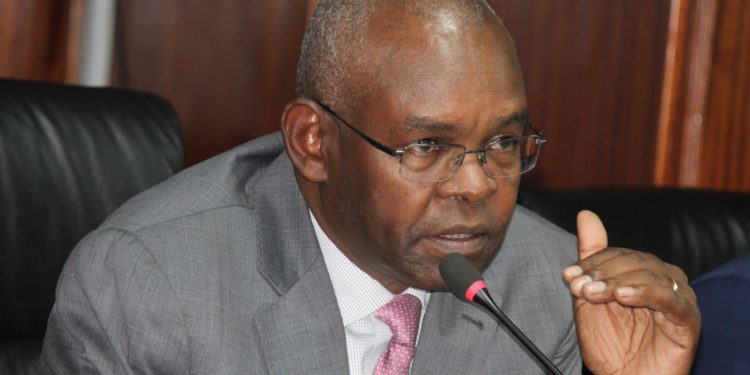Kenyan lawmakers have called for stricter oversight of digital lending firms, citing concerns over alleged exploitation of borrowers in the booming online credit market.
In an engagement with the Central Bank of Kenya (CBK) Governor Dr. Kamau Thugge on Thursday, members of the Departmental Committee on Finance and National Planning urged tightening the regulatory regime governing Digital Credit Providers (DCPs).
The committee’s chair, Hon. Kuria Kimani, led the session prompted by a statement from Hon. Joseph Munyoro, MP for Kigumo Constituency, regarding exploitative lending practices targeting bodaboda (motorcycle taxi) operators.
Legislators sought explanations on measures to regulate buy-now-pay-later (BNPL) firms and plans to develop fair financing models for bodaboda workers, a critical segment of Kenya’s transport sector.
Addressing the lawmakers, Dr. Thugge stated that the CBK’s Digital Credit Providers Regulations 2022 grants the central bank authority to license and supervise digital lenders, including BNPL providers.
He revealed that over 500 applications for licenses have been received, with the CBK reviewing applicants’ corporate governance, capitalization, infrastructure, and consumer protection mechanisms before approval.
“We have put these measures in place to ensure adherence to relevant laws and safeguard consumer interests, preventing rogue lending institutions from infringing on consumer rights,” Dr. Thugge told the committee.
However, the CBK governor acknowledged public concerns over predatory practices, high credit costs, unethical debt collection, and privacy breaches by unregulated digital lenders, prompting accelerated scrutiny.
Despite the regulations, lawmakers argued that legal gaps remain, urging the CBK to enhance oversight and review the Central Bank Act to ensure fair and transparent pricing for digital credit products.
The digital lending sector in Kenya has witnessed rapid growth, offering quick credit accessibility but also attracting criticism over alleged malpractices like excessive interest rates, aggressive debt recovery tactics, and unauthorized data sharing.
Consumer advocacy groups have repeatedly called for stricter rules and enforcement to protect borrowers’ rights amid the proliferation of mobile lending apps targeting low-income and underbanked populations.
As the digitization of financial services accelerates, striking a balance between innovation and consumer protection has become a key challenge for regulators worldwide, including Kenya.
















